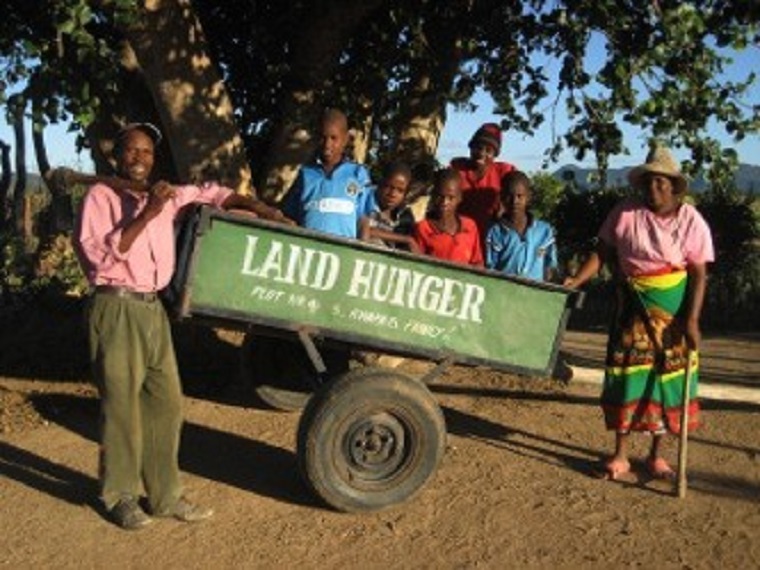In 2010 we published the book, Zimbabwe’s Land Reform: Myths and Realities. In the book, we chose 5 recurrent ‘myths’ often relayed about the post-2000 land reform, both in academic and popular commentary. We interrogated them with very detailed data based on a sample of 400 households across 16 sites in Masvingo province. All were found seriously wanting – although as with all ‘myths’, there were grains of truth, complexities and grey areas in each.
Some argued that our argument was contrived; that the myths were just ‘straw men’, easy to shoot down. We begged to differ, and pointed to the repeated articulation of such arguments. This blog was established in 2011 in order to continue the debate, as the myths persisted to colour sensible discussion, and indeed became more entrenched. In 2017 myths about land reform sadly still dominate much discourse, and policy debate (and unfortunately much ‘academic’ work) is sadly mired in ideological positions rather than grounded in field-level, evidence-based realities.
This is why we continue the research work, and I continue with the blog. Our work has now expanded to multiple sites, both in the Highveld (Mvurwi area of Mazowe district) and in Matabeleland (Matobo district), and complemented by many, many other studies (see the map above from a few years back – I am planning to update this, so please send me links to your studies, and the precise location). This other work continues to challenge the standard myths, but extends, expands and nuances the debate in important ways. Research is led by such organisations as the African Institute for Agrarian Studies and the Ruziwo Trust, and the subject of many theses from students registered across Zimbabwe’s universities and indeed the world, and adds up to a substantial corpus of evidence.
But despite the evidence, there remains much misunderstanding and misrepresentation of Zimbabwe’s land reform. I could take many examples but a section on land in what was otherwise quite a good report by a Harare-based campaign NGO, the Research and Advocacy Unit, is a good example. I choose it not because it is especially problematic (there are many much worse), but it comes from a respectable organisation, is purportedly based on research and was highlighted by the press (and in turn sent to me a dozen or more times).
Continued next page
(264 VIEWS)







0 Comments